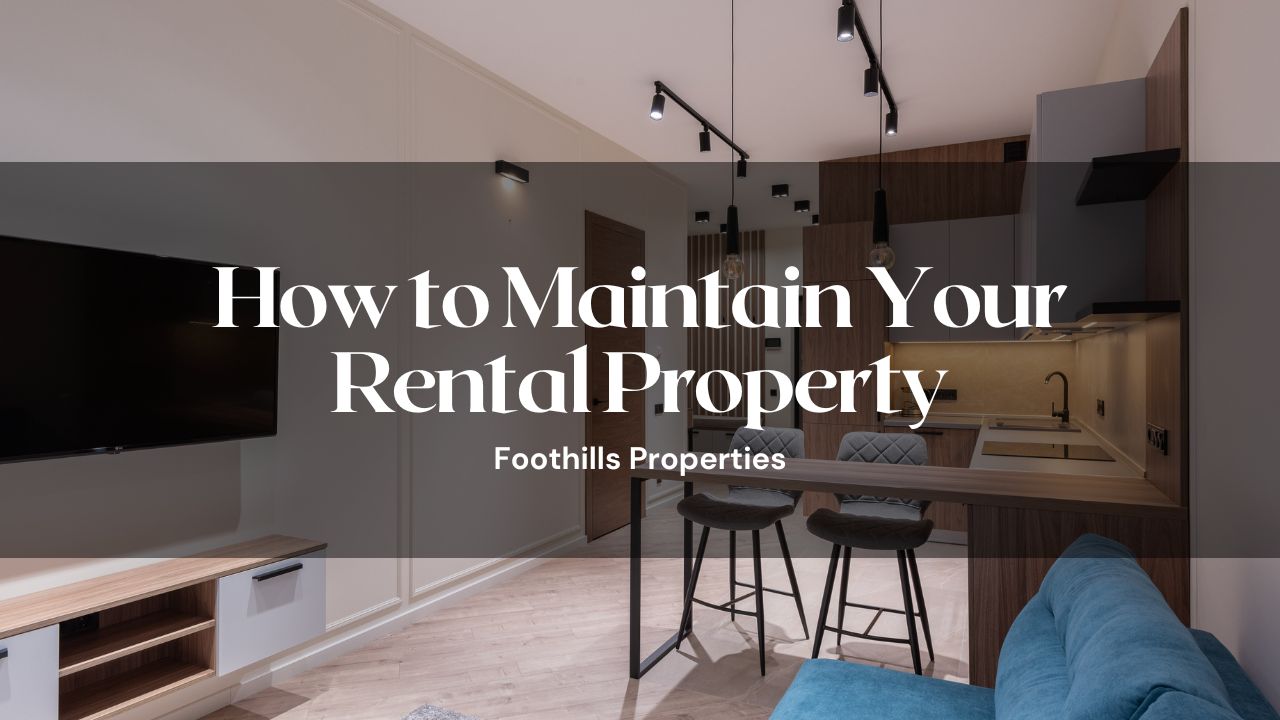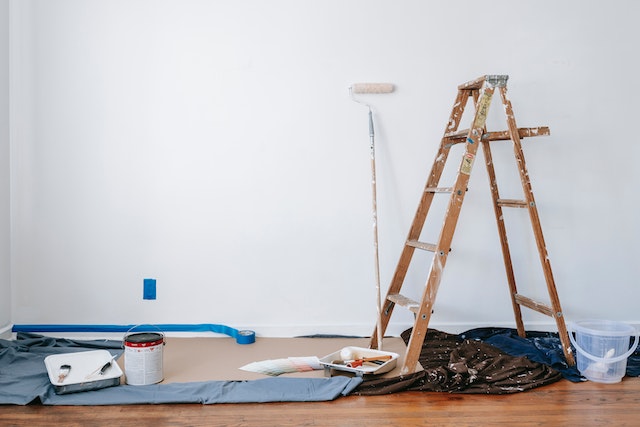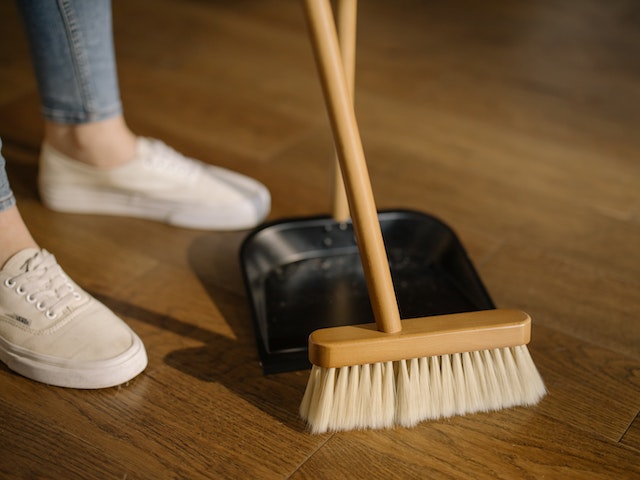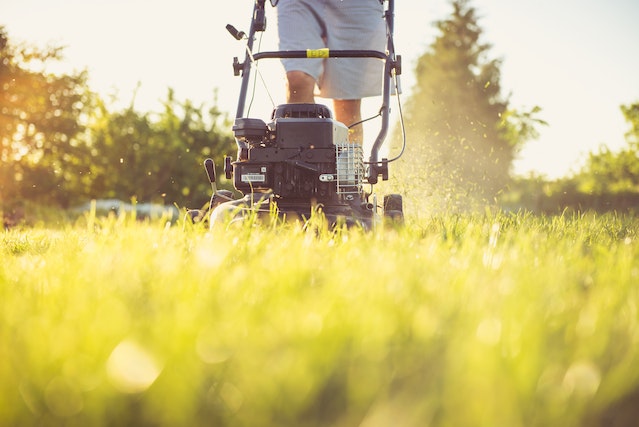
A rental property is an investment and as a landlord, you need to make sure that your property is well-maintained in order for your tenants to have a positive experience. According to the landlord-tenant law, both landlords and tenants have equal responsibilities when it comes to maintaining the rental premises.
For instance, landlords are recommended to regularly inspect the rental property. This can help by shining a light on certain maintenance issues while they are not yet too big and costly to handle. Tenants, on the other hand, also have to do their part in taking care of the rental unit by alerting the landlord to these issues.
Failure to perform these responsibilities could result in conflicts later on. That’s why it’s important for both landlords and tenants to know what their responsibilities are under landlord tenant law.
What Are the Property Maintenance Responsibilities of a Landlord?
Under the landlord-tenant law, landlords must ensure that their rental properties are in good habitable condition, clean and free of pests, odors and other safety hazards. While the landlords’ legal responsibilities may vary based on each state’s laws, the general rules include the following:
Supply Garbage Receptacles
By law, landlords must provide trash bins where tenants can properly place their garbage. These trash bins must be large enough to accommodate the trash needs of your tenants. The size and amount of bins must be based on the number of people living in the rental unit, as well as the amount of times the garbage is collected every week.

Some local laws require landlords to build enclosures around the receptacles, so it’s best to check if there are certain policies regarding this.
Comply With All Building Codes
The building code identifies the requirements for the rental property and how it should be used. The landlord is responsible for ensuring that their property meets these requirements by making sure that the rental unit is in compliance with the code.
For instance, the landlord must provide an environment that is safe and healthy for the tenants. Occasionally, this could involve renovations.
The smoke and carbon monoxide detectors should be placed in strategic locations in accordance with the law. Electrical wirings, plumbing and the structural integrity of the property should be maintained. Moreover, issues like lead paint, mold, pest and asbestos must be addressed accordingly.
Provide Water
It is the landlord’s responsibility to ensure that tenants have access to running water within the rental property. Landlords should also provide a working toilet, sink and shower. In addition, tenants need to be able to access hot water, so the rental unit must have a working water heater.
Do the Necessary Repairs
If a repair is necessary, it is the responsibility of the rental property owners to address the repair issues promptly. However, if a repair is needed because of tenants’ abuse, neglect or failure to take care of the property properly, then the landlord is allowed to charge the tenant for the cost of that repair.

When a tenant fails to pay for repairs, the landlord may recover any money spent on repairs done for tenant-caused damages from their security deposit.
Ensure that All Crucial Amenities Are Working
As the owner of the rental property, it is your legal responsibility to ensure all heating, plumbing, electrical, gas and appliances provided for the tenants are functioning properly. If it is provisioned in your contract that tenants are required to pay their own utilities, then tenants must make sure to make timely payments to ensure that their utilities are not shut off.
What Are a Tenant’s Legal Responsibilities to Maintain the Rental Property?
Tenants also have the legal responsibility to keep the property clean and livable. In fact, tenants have legal maintenance responsibilities under landlord-tenant law. Similar to any law, these responsibilities may also vary from one state to another. These types of responsibilities can come up in a tenant renewal screening.
In general, the following tenant responsibilities are applicable in almost all states:
Follow Building and Housing Rules
Tenants should carefully review the terms of the lease and follow the rules provisioned in both the landlord-tenant law and rental agreement. For example, if the tenant has signed a lease for four people, they should not exceed this maximum number of residents living in the property without the landlord’s knowledge as this may be in violation of the building code.
Keep The Property Clean and Sanitary
Tenants are obligated to dispose of their trash and not let the garbage pile up inside the rental unit. Failure to do so can cause health hazards, such as toxic odors and germs. Further, a dirty unit can also be a breeding ground for pests, which can be a health hazard.

That’s why as residents living in the property, the tenants are responsible for keeping the rental unit clean and sanitary to prevent infestations.
Respect the Premises
Tenants should ensure that the rental premises are well taken care of in accordance with the lease contract. The tenant should not deliberately damage the property. Any accidental damage due to tenant’s neglect is also the responsibility of the tenant.
Prevent Mold Growth
Tenant's responsibilities include adjusting the thermostat to the appropriate temperature, opening and closing windows properly, and keeping them closed when not in use. This can prevent excess moisture from accumulating on the walls, floors, and ceilings.
Any excess moisture could potentially lead to mold growth, which is a health hazard. If the tenant notices any mold growth, they should report it to the landlord right away. The landlord and tenant could explore ways to prevent and treat mold together.
Other Ways landlords Can Maintain the Rental Property
Seasonal Maintenance: To help keep your property in its best condition, you can perform seasonal maintenance, including cutting grass, raking leaves, cleaning the gutters and shoveling snow during the winter.
Cleaning of Common Areas: You can also include in the rental agreement that tenants should be responsible for cleaning and maintaining the common areas. Doing things like sweeping, mopping, vacuuming should be part of their duties as tenants. They are also required to keep the area garbage-free.

As a landlord, you have the option to hire an experienced property manager to perform inspections, maintenance checks, and repairs on your behalf. If you’re looking for a property manager in Tucson, AZ, contact Foothills Properties at 520.299.2100 and we’ll take care of your property management needs.








